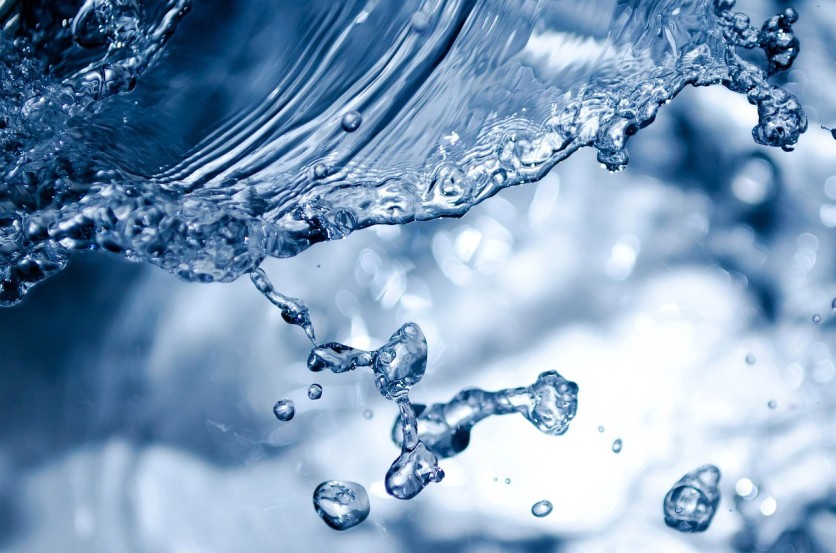A team of researchers at The University of Texas at Austin has made significant progress in turning moisture in the air into drinking water.
Their latest achievement comes from a specially engineered hydrogel capable of generating clean water using solar energy. This breakthrough could offer a solution to regions struggling with water scarcity.

Drinkable Water From the Atmosphere
The hydrogel has demonstrated its ability to extract drinkable water from the atmosphere using solar power, even under conditions as hot as 104 degrees Fahrenheit, which aligns with the scorching summer temperature experienced in areas like Texas.
The potential impact is substantial: individuals in regions with high temperatures and limited access to clean water might soon be able to deploy a device outdoors, leaving it to produce water without further intervention.
Guihua Yu, a professor of materials science and engineering at the Cockrell School of Engineering's Walker Department of Mechanical Engineering and Texas Materials Institute, emphasized the efficiency of the hydrogel.
It not only rapidly extracts water from the air but also does it with minimal energy consumption. It means that in a sweltering Texas summer, the natural temperature fluctuations could be harnessed without the requirement for additional heating.
According to the researchers, the device exhibits impressive water production. Depending on humidity levels, it produces between 3.5 and 7 kilograms of water per kilogram of gel materials.
Read Also : Microsoft Plans to Save Around 5.7 Billion Liters/Year by 2030 as Company Plans to Be 'Water Positive'
From Hydrogel Into Microgels
A crucial advancement lies in the adaptability of the hydrogel into microgels. These microgels facilitate swift and efficient water capture and release, significantly advancing the device's viability.
Weixin Guan, a graduate student in Professor Yu's lab, highlighted the transformative potential of these micro-sized particles. They enable ultrafast water capture and release, revolutionizing the efficiency of the process.
"By transforming the hydrogel into micro-sized particles, we can make the water capture and release ultrafast," Weixin Guan said in a press statement. "This offers a new, highly efficient type of sorbents that can significantly enhance the water production by multiple daily cycling."
The researchers are now focusing on refining the technology for commercial use. Optimization of the microgels' engineering is a key area of development.
Scaling up production is the next pivotal step, with the aim of creating a low-cost, portable solution for generating clean drinking water that can be deployed globally.
The team is also exploring organic materials for future device versions, aiming to reduce production costs and enhance durability. Their ongoing research is dedicated to making these devices easily transportable for various applications.
"We developed this device with the ultimate goal to be available to people around the world who need quick and consistent access to clean, drinkable water, particularly in those arid areas," said Yaxuan Zhao, a graduate student in Yu's lab.
The study's findings were recently published in the Proceedings of the National Academy of Sciences.
Related Article : Rare Exoplanet Clouds Appear on NASA Hubble Space Telescope's Data! But, They Don't Contain Water

ⓒ 2025 TECHTIMES.com All rights reserved. Do not reproduce without permission.




